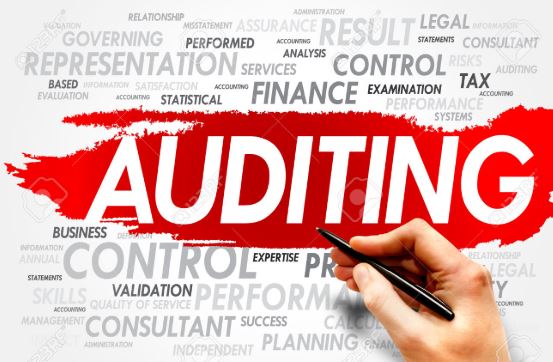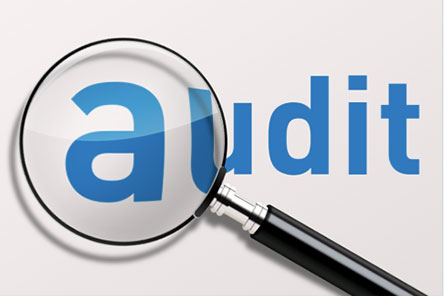

By the end of this course delegates will be able to:
Internal Auditors, Senior Auditors, Finance Personnel, Financial & Operational Auditors, Information Technology Personnel, External Auditors with two or more years of audit experience; Quality Assurance personnel; Data Security specialists
Managing Fieldwork
Auditing Concepts: The In-Charge Perspective
The Control Environment: High-Impact Changes
Marketing and Selling Internal Audit
Risk Assessment Strategies
Preliminary Fieldwork and Program Development
Applying Project Management to Internal Audit
Fraud Awareness
Effective Communications
CDGA attendance certificate will be issued to all attendees completing minimum of 75% of the total course duration.
| Code | Date | Venue | Fees | Register |
|---|---|---|---|---|
| AUD100-02 | 26-04-2026 | Muscat | USD 5450 | |
| AUD100-03 | 26-07-2026 | Dubai | USD 5450 | |
| AUD100-04 | 25-10-2026 | Amman | USD 5450 |

This comprehensive course outlines the concepts of information technology you need to know in order to understand the audit concerns in the IT environment. You will learn the necessary controls for ap ...

This course focuses on the elements involved in auditing from the perspective of the lead auditor. It sets out what it is expected from a lead auditor and provides the necessary tools & techniques for ...
Providing services with a high quality that are satisfying the requirements
Appling the specifications and legalizations to ensure the quality of service.
Best utilization of resources for continually improving the business activities.
CDGA keen to selects highly technical instructors based on professional field experience
Since CDGA was established, it considered a training partner for world class oil & gas institution
3012, Block 3, 30 Euro Business Park, Little Island, Co. Cork, T45 V220, Ireland
Mon to Fri 09:00 AM to 06:00 PM
Contact Us anytime!
Request Info